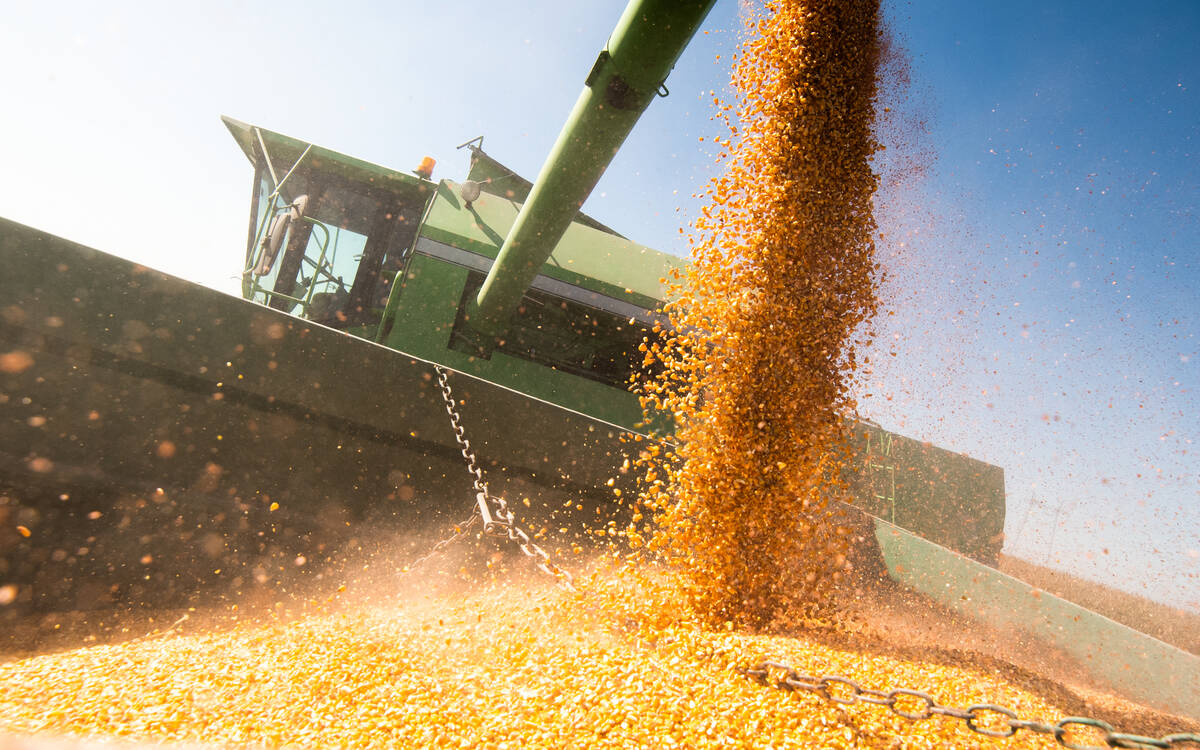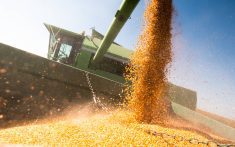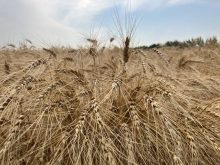Farmers and other agribusinesses are questioning the Canadian Grain Commission’s (CGC) proposal to go to full cost recovery, the Manitoba Co-operator reports.
About half the CGC’s $80 million budget now comes from fees charged for its services, most of which are ultimately paid for by farmers. The rest comes from the federal government.
In a discussion paper released in December, the CGC said it expects its annual budget will soon increase to $90 million and wants to get all of it — $50 million a year more — from what it charges for services such as weighing and inspecting grain, more than doubling fees that have been frozen since 1991.
Read Also

Feed Grain Weekly: Corn affecting barley prices in Lethbridge
Corn imports entering Lethbridge have lowered prices for feed barley compared to those in Edmonton.
The CGC held a series of meetings last month to get feedback on its proposal. The deadline for submitting written responses was Jan. 31.
Several farm groups agree producers should pay a bit more specifically for services that benefit them directly, but stress much of what the commission does is for the public good and should be paid for by taxpayers, the Co-operator reports.
“I now think the feds would like to see full cost recovery, but we don’t think that’s necessarily fair to us as producers,” Keystone Agricultural Producers (KAP) vice-president Rob Brunel told the Co-operator’s Allan Dawson.
“The CGC is one of the basics for food safety within this country when it relates to grains and oilseeds.”
It’s reasonable for farmers to pay for services such as administering producer cars but the CGC’s Grain Research Laboratory and trade missions benefit the whole country and the government should pay, he said.
Where both benefit, Ottawa should cover 60 per cent and farmers the rest, Brunel said.
The Canadian Wheat Board, meanwhile, has urged that the CGC should not seek full cost recovery.
Funding the CGC only through fees would put the agency charged with ensuring Canada exports high-quality grain and policing the grain sector in a conflict of interest, CWB CEO Ian White said last week. Rather than focusing on its mandate the CGC could be distracted by recovering costs.
The Western Grain Elevator Association suggests such fee hikes might even be illegal. Under the User Fees Act government agencies can only charge for services if they benefit the person paying for them, according to the WGEA.
The WGEA and Western Canadian Wheat Growers Association say before changes are made, the CGC’s services need to be reviewed. Certain mandatory CGC services could be made optional or done more cheaply by third parties, the wheat board, WGEA and WCWGA said.
Looking at the feedback received, “I think there was a general realization that fees need to be increased and they’ve been frozen for quite a long period of time, but if those increases occur they should be phased in over time,” commission spokesman Remi Gosselin added in the Co-operator’s Feb. 10 issue.
The CGC will announce its proposed new service fees March 1 and the public will have until March 31 to comment, Gosselin said. The commission will then prepare recommendations for the federal cabinet on how to proceed, and aims to have new service fees in place by April 1, 2012.














